Can you die from a broken heart?
How to heal a broken heart—9 steps for looking after your mental and physical well-being after a breakup
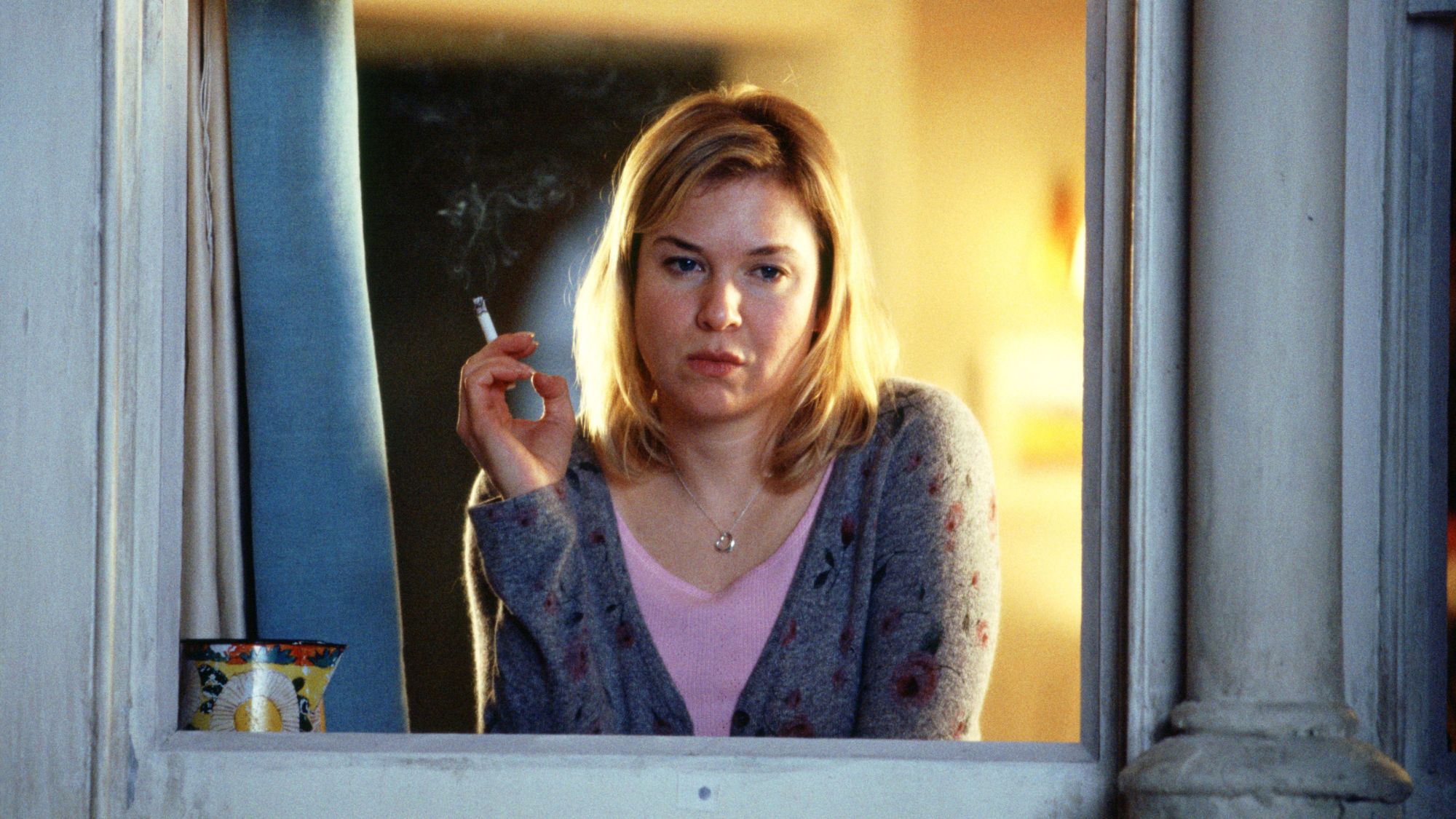

Can you die from a broken heart? It’s a question almost a quarter of us have likely asked ourselves—or typed into Google, as my friend Ophelia once did. Studies show that 43% of Brits have experienced the physical effects of heartbreak (begging the question, what’s wrong with the other 57% of the nation?), yet often, this side of a breakup is kept in the shadows, shared only with the algorithm.
A breakup can be a maddening experience at the best of times (an oxymoron if ever there was one). The lack of sleep, racing thoughts and inability to stomach more than half a grape (true story) create an unsavoury cocktail of confusion, hurt and—of course—the seven stages of grief.
We all know the signs of falling in love—butterflies in our tummies, flushed cheeks, clammy hands, maybe even a little low-level nausea (exciting!)—but when it comes to love loss, how much do we understand about what’s happening to our bodies?
The most common and well-known side effect of heartbreak is a loss of appetite: Helen, 33, remembers, “We were on a break and I remember being unable to eat even a piece of falafel from a wrap I’d bought for lunch.” As Anna, 35, put it: “They break our hearts and then take away the one last good thing—food”.
According to reports, the second most common side-effect after not being able to eat is not being able to sleep, just like the Angie Stone song. As an insomnia sufferer, it doesn’t take much to derail my bedtime routine, and nothing does that quicker or more efficiently than a heartbreak.
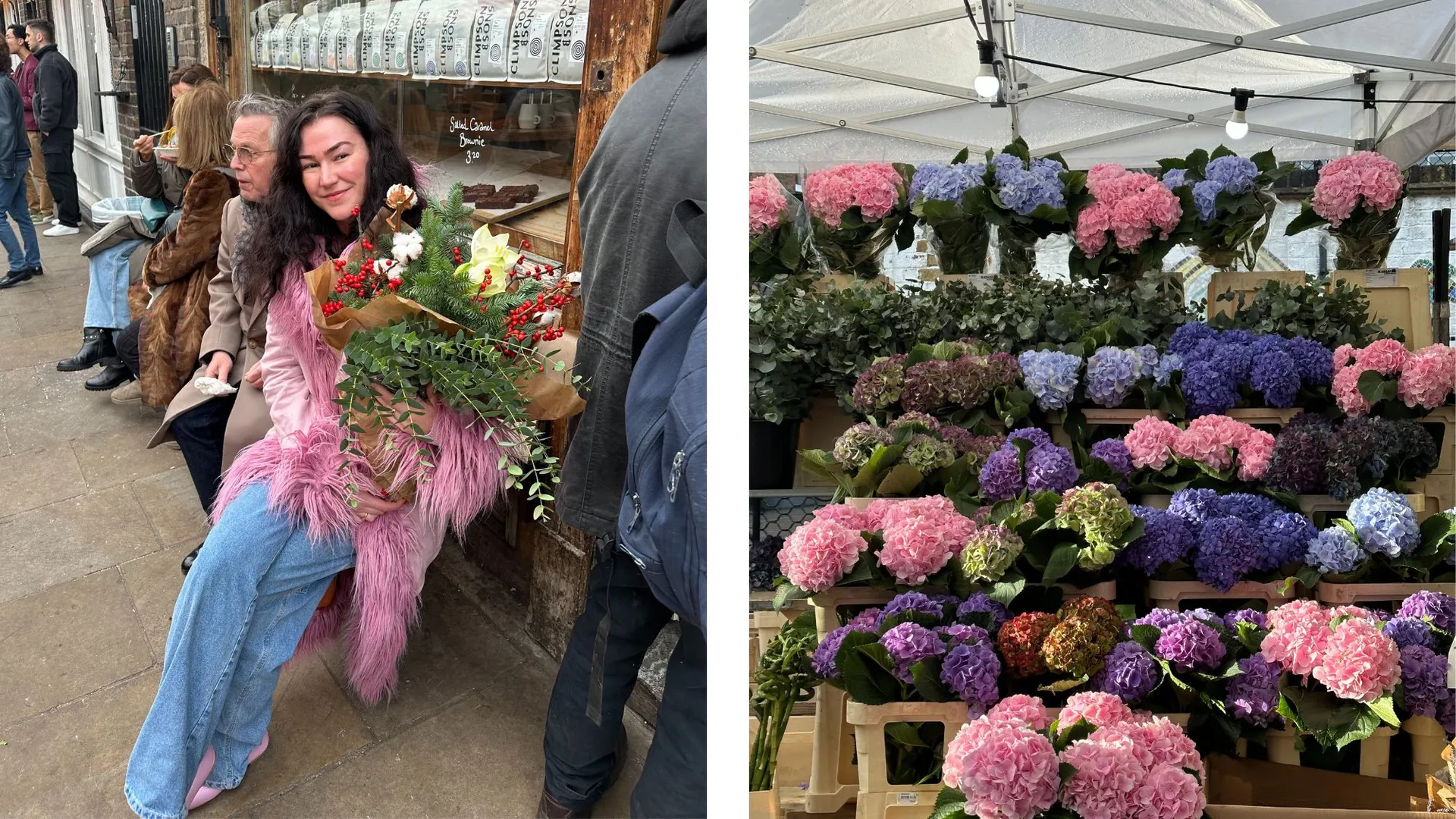 RELATED STORIES
RELATED STORIES
Despite physical symptoms ranging from trouble breathing and chest pains to heart palpitations and physical aches, only 18% of us have taken a sick day to deal with the aftermath of a breakup. This is an even grimmer statistic when compared to the 61% who reported that their physical health took a toll when dealing with the emotional turmoil of a breakup.
Heartbreak has been an enduring muse throughout culture, inspiring countless works of art, music, literature, and film. From classic novels like Romeo and Juliet to pop ballads like Adele’s Someone Like You. Lovesickness has a stronghold on culture, yet when it comes to the most concerning side effects, we’re all a little clueless.
Marie Claire Newsletter
Celebrity news, beauty, fashion advice, and fascinating features, delivered straight to your inbox!
So, with Valentine’s around the corner and, with it, a trail of broken hearts, here’s some advice for how to heal a broken heart, along with some real-life tips from the Marie Claire UK team.
Advice on how to heal a broken heart
1. Be kind to yourself
“It’s completely natural to experience the grief and trauma that can come with a heartbreak. Let yourself feel all those feelings, but try to focus on accepting and rebuilding yourself after your period of grieving. Your mood and mental well-being are as important as your physical health” says Dr Katie Tryon.
2. Try a new look

“Never underestimate the power of a fresh haircut. I’ve always found something wonderfully symbolic about sloughing off dead ends (and dead-end exes, etc.) A commemorative, post-break-up chop (be it a blunt bob or new fringe) has always made me feel a little bit more confident in hard times.” — Natalie Hughes, Freelance Fashion Editor
3. Maintain healthy mental habits
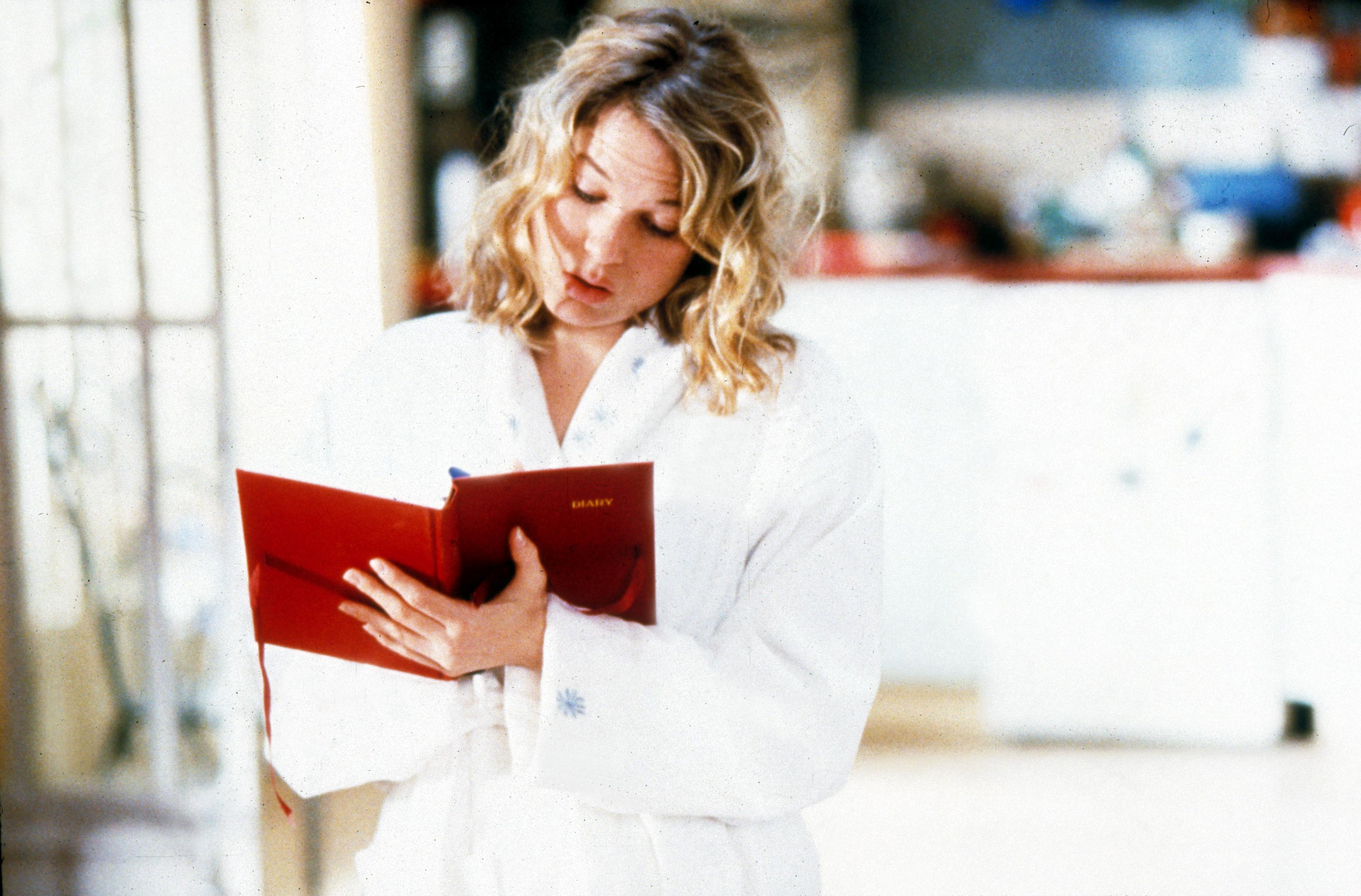
Tryon suggests that we “Incorporate healthy mental habits, such as journaling, using affirmations or practising gratitude to shift your focus. I’m a big advocate of talking therapy, whether it’s counselling or cognitive behavioural therapy.”
4. Keep a balanced diet
“Unlike the movies, pints of ice cream, endless supplies of chocolate and binge drinking will likely make you feel worse. Instead, stick to a healthy and balanced diet to help care for your gut during a stressful time. Eat plenty of rich probiotic and prebiotic foods to keep it in tip-top shape,” says Tryon.
A post shared by Legally Blonde
A photo posted by on
5. Try a new hobby
No, really. Fashion writer Sofia Piza took on embroidery after her break-up. I hope it looked like this.
6. Listen to empowering music
Chaka Khan was made for this moment. As the writer of this piece and serial heartbreak sufferer, I feel passionately about the power of music. My friend once shared a Spotify of empowering female songs—think Destiny’s Child Survivor and Sunshine Anderson's Heard It All Before—with the vaguely ominous message, “Only you will know when the time is right to listen to this”. Since then, the playlist has done the rounds in my girl group, with each new lovesick recruit adding a few hits of their own.
7. Keep moving
Tryon says: “Staying active is always a good place to start to clear your mind and distract you from the distressing feelings of heartbreak. It doesn’t have to be for long periods or of high intensity, it could be taking a 5-minute walk around the block or stretching while waiting for the kettle to boil.”
8. Get a change of scenery

“Book a trip away,” advises Senior Beauty Editor Katie Thomas, who went on a last-minute weekend away and then a random festival following heartache.
9. Understand the link between mental and physical health
“Whether you’re experiencing heartbreak or not, it’s always important to acknowledge that your mental health can, in turn, impact you physically. Findings from the Vitality Health Claims Insights Report 2023 found that focussing on mental health reduced the likelihood of hospitalisation for physical conditions,” recommends Tryon.

Mischa Anouk Smith is the News and Features Editor of Marie Claire UK.
From personal essays to purpose-driven stories, reported studies, and interviews with celebrities like Rosie Huntington-Whiteley and designers including Dries Van Noten, Mischa has been featured in publications such as Refinery29, Stylist and Dazed. Her work explores what it means to be a woman today and sits at the intersection of culture and style. In the spirit of eclecticism, she has also written about NFTs, mental health and the rise of AI bands.
-
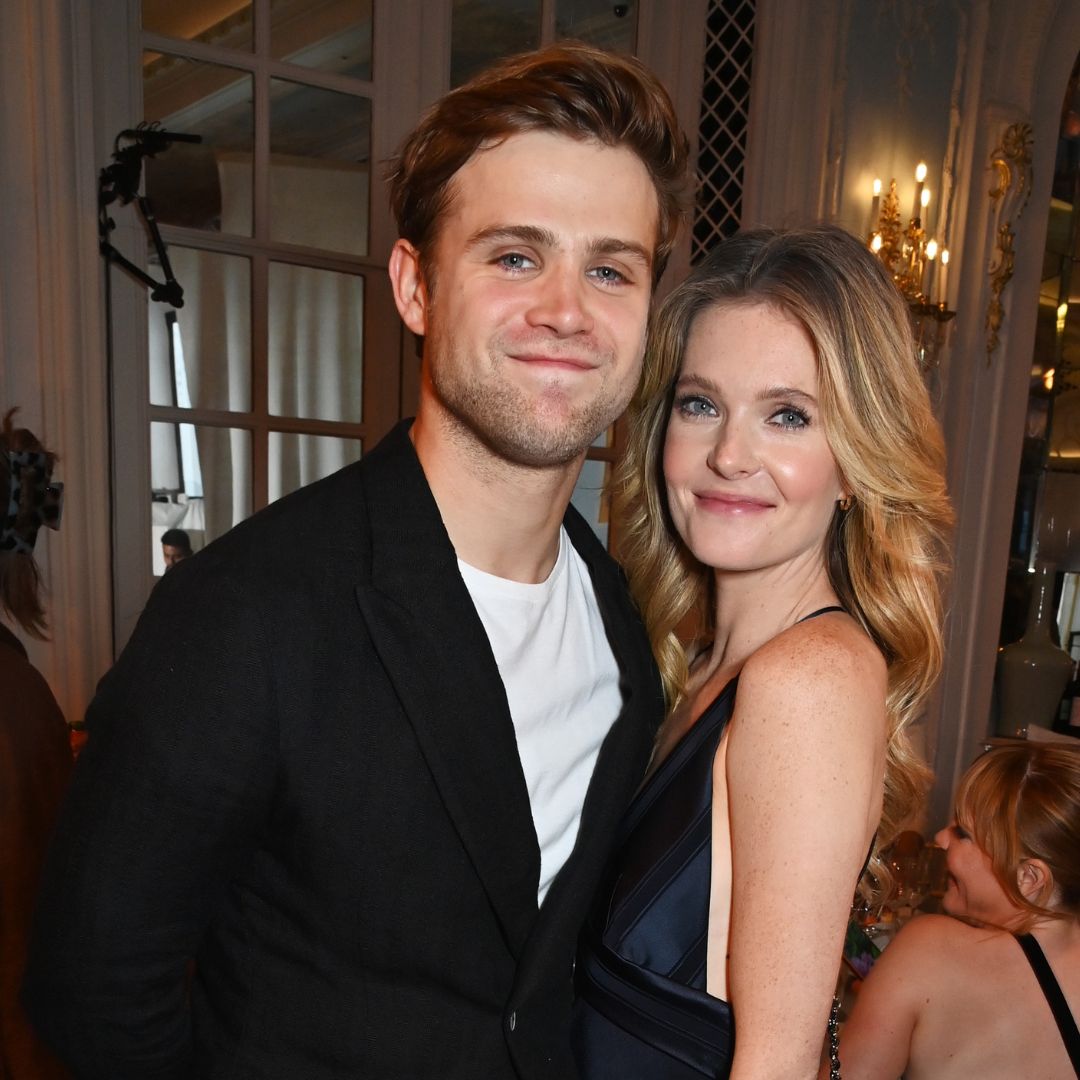 Here's a rundown of The White Lotus cast members who have dated in real life
Here's a rundown of The White Lotus cast members who have dated in real lifeBy Jenny Proudfoot
-
 All the coolest brides are wearing drop-waist wedding dresses this year
All the coolest brides are wearing drop-waist wedding dresses this yearWedding Special Minimalist, nostalgic, and universally flattering
By Clementina Jackson
-
 Anya Hindmarch has just launched a fantastical diving shop in central London
Anya Hindmarch has just launched a fantastical diving shop in central LondonFor those who would rather be beside the seaside...
By Sofia Piza
-
 I used to hate winter, but Nordic wintering trends have completely changed my mind
I used to hate winter, but Nordic wintering trends have completely changed my mindIn my endless quest for inner calm and the answer to winter fatigue, I stumbled upon some Hygge-style techniques that solved my seasonal blues and winter burnout.
By Mischa Anouk Smith
-
 “I’ve been addicted to online dating for years”: 3 women open up about their addiction to dating apps
“I’ve been addicted to online dating for years”: 3 women open up about their addiction to dating appsThe cycle of hope and rejection is exhausting, soul-destroying even. But the alternative—being alone—feels just as unbearable.
By Chloe Laws
-
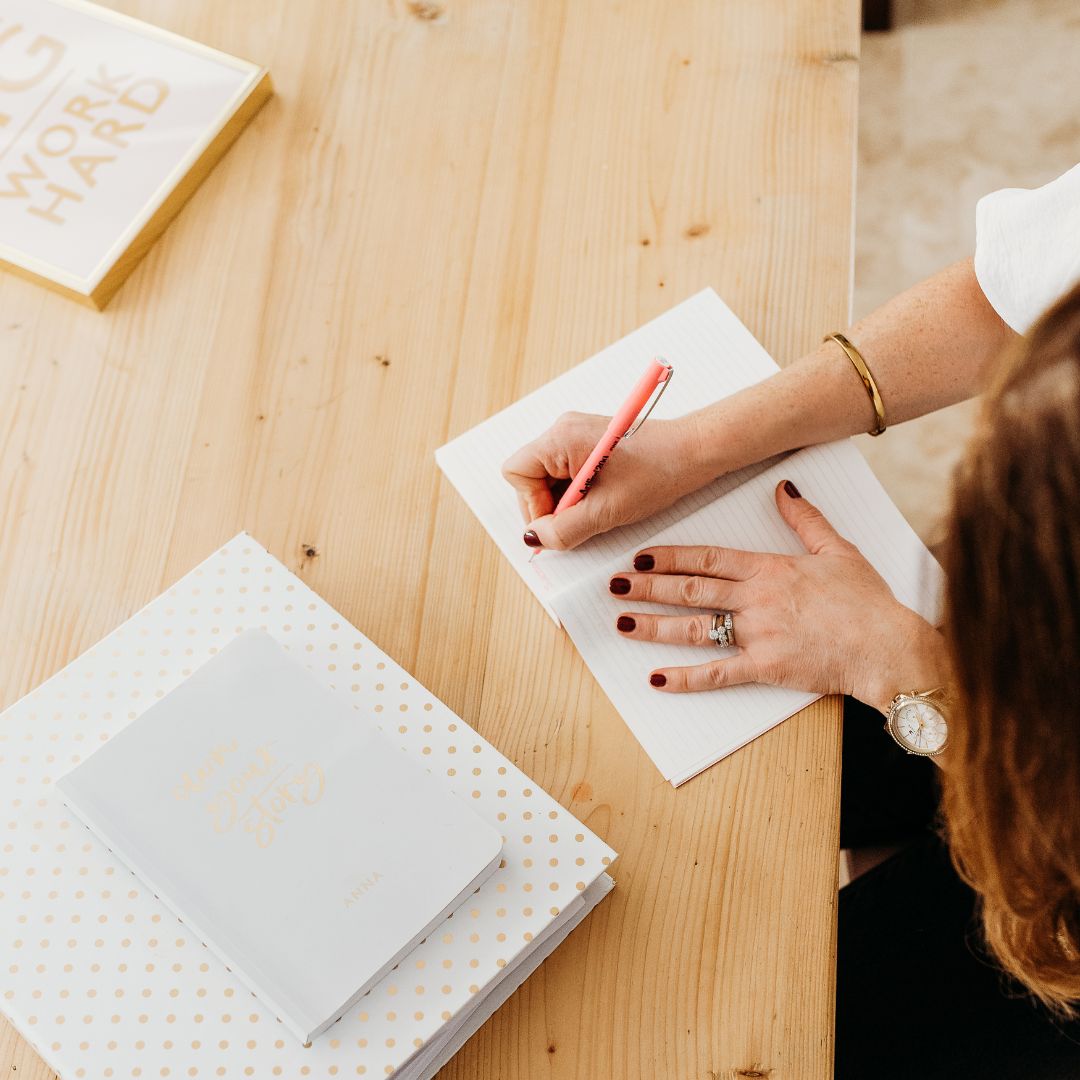 I used a self-improvement journal every morning and evening for a week – and was surprised by what happened to my productivity and mental health
I used a self-improvement journal every morning and evening for a week – and was surprised by what happened to my productivity and mental healthPen and paper at the ready.
By Anna Bartter
-
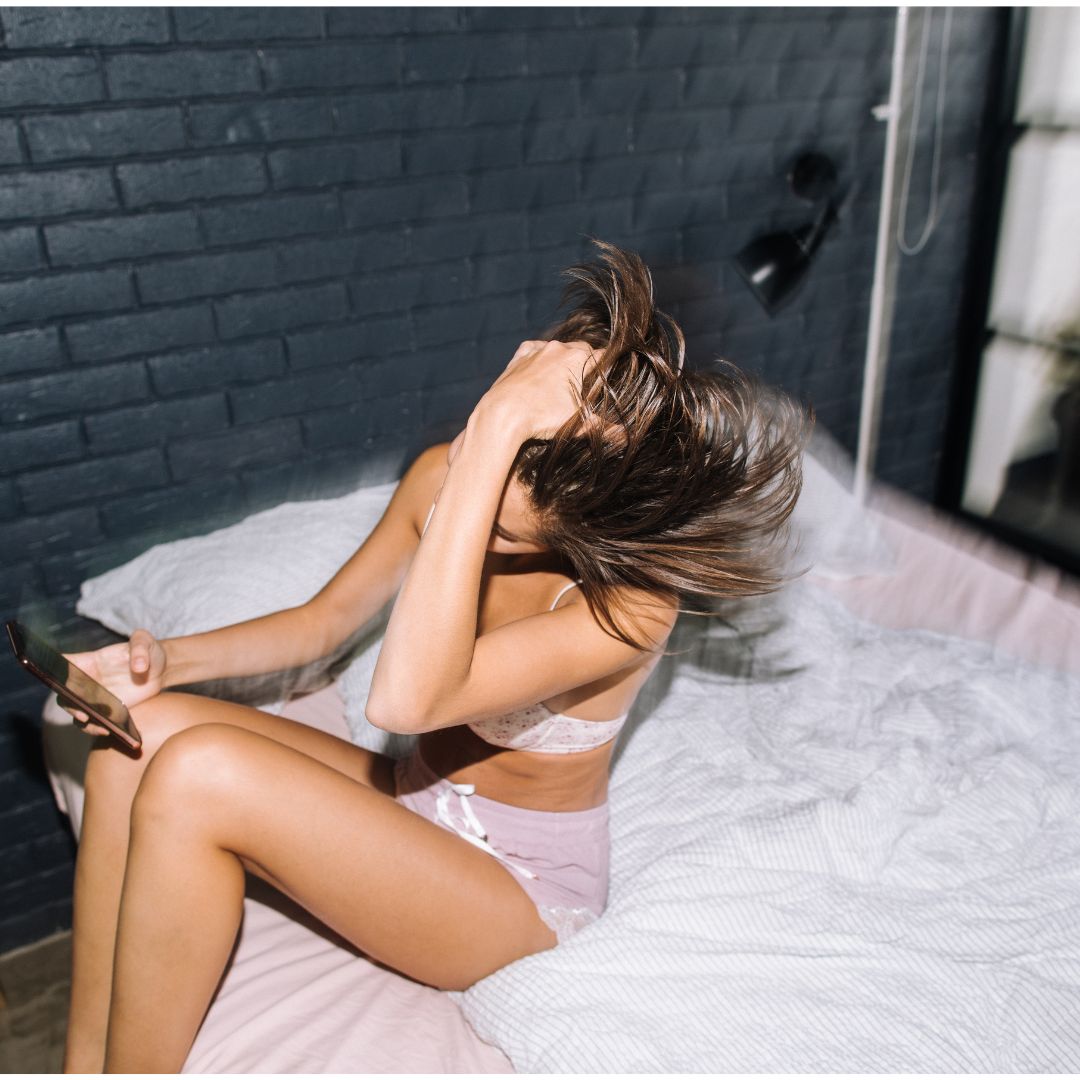 Looking for a sex app? 15 best for sexual wellness and no strings hookups
Looking for a sex app? 15 best for sexual wellness and no strings hookupsAka, the pro's top picks.
By Ally Head
-
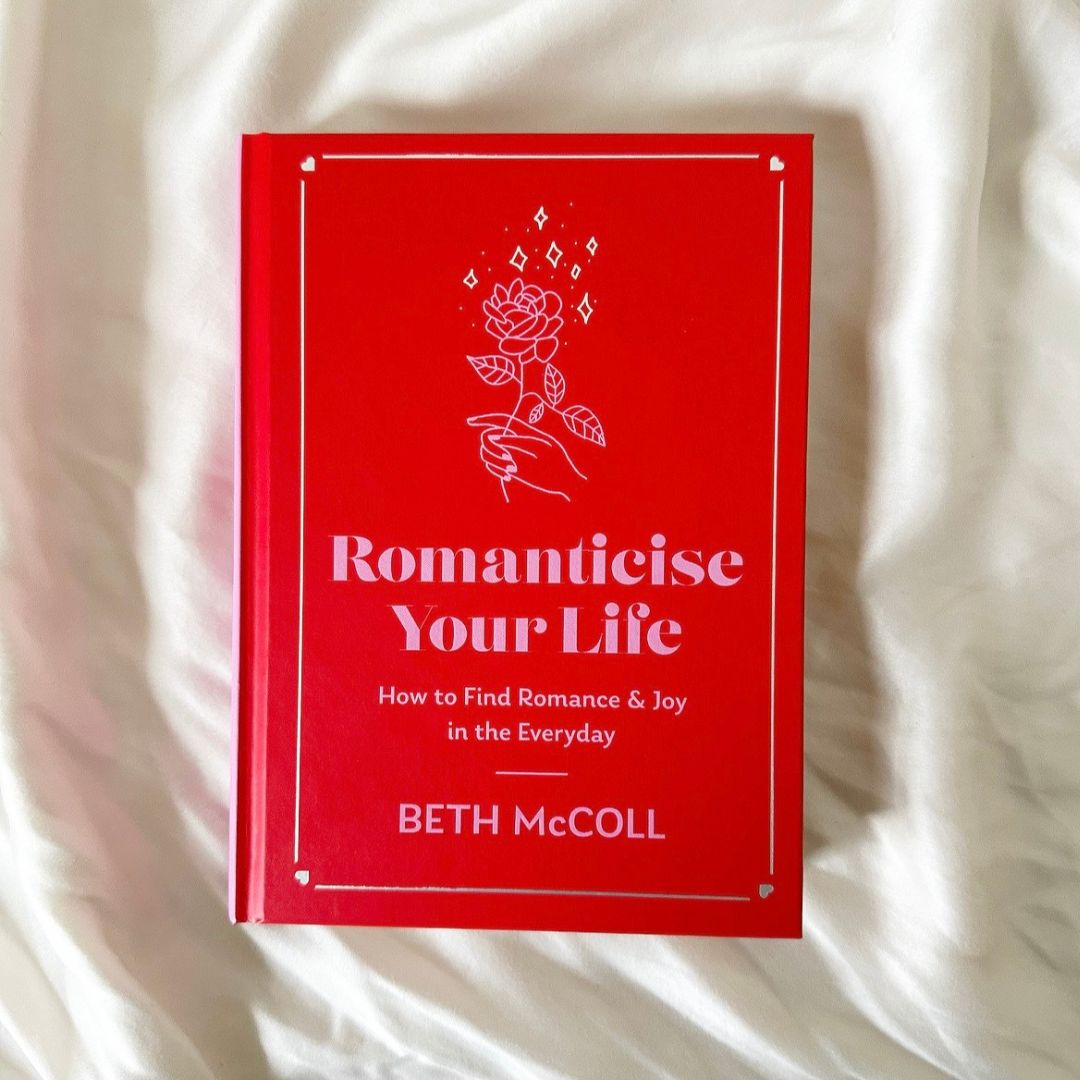 Is romanticising your life the answer to finding happiness?
Is romanticising your life the answer to finding happiness?Stopping to smell the roses and other micro-joys could be the key to contentment
By Mischa Anouk Smith
-
 Kamasutra positions promise to spice up your sex life - these are the 7 best
Kamasutra positions promise to spice up your sex life - these are the 7 bestYou're welcome.
By Ally Head
-
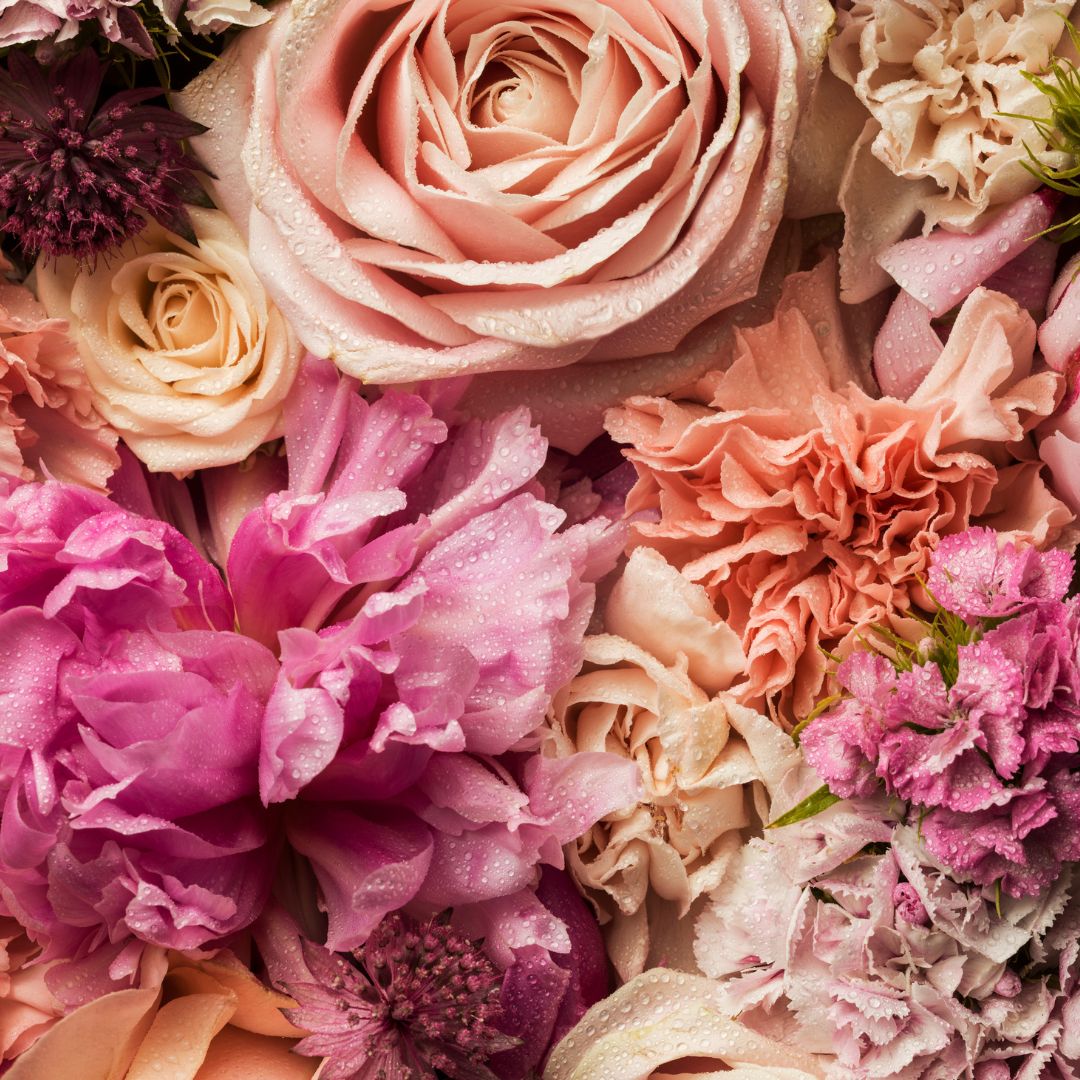 Nearly 70% of you find Valentine's Day stressful - 6 tips for making it enjoyable, whether you're taken or single
Nearly 70% of you find Valentine's Day stressful - 6 tips for making it enjoyable, whether you're taken or singleAnd affordable, too.
By Ally Head
-
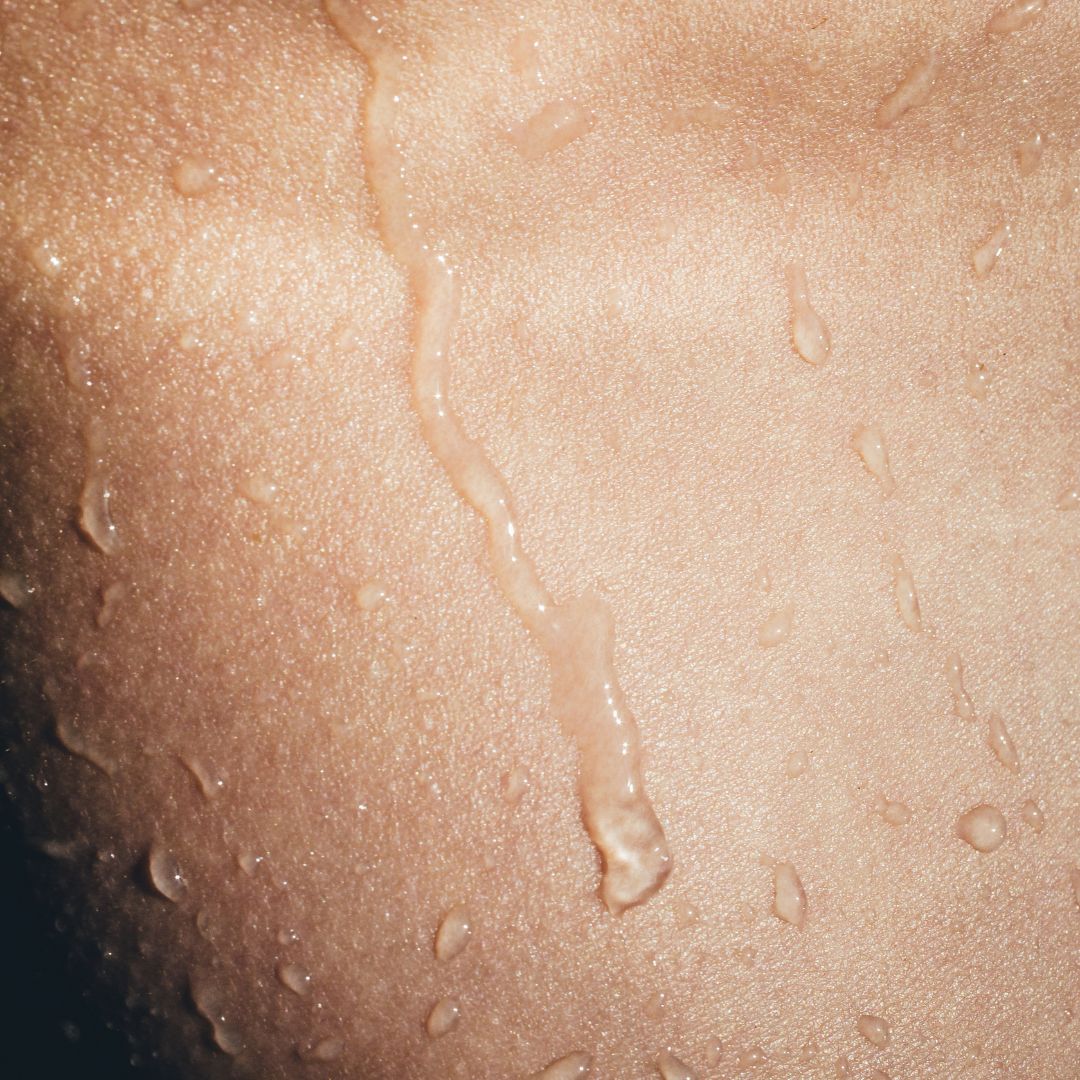 On the hunt for a hot sex position? These are the 8 best for intense orgasms, according to a sex expert
On the hunt for a hot sex position? These are the 8 best for intense orgasms, according to a sex expertHappy Valentine's day.
By Ally Head